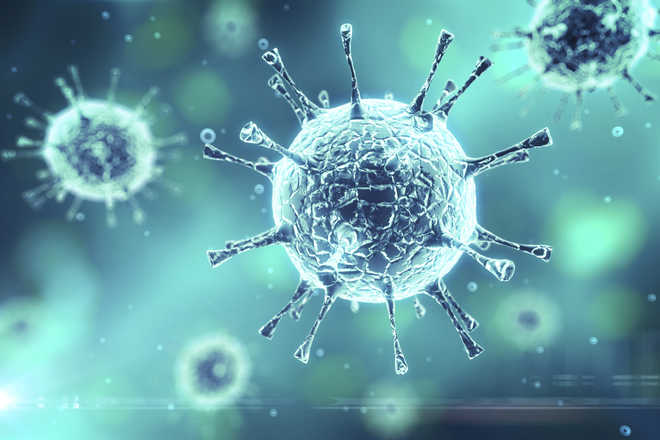
Washington
Microbial communities we carry in and on our bodies known as the human microbiome have the potential to uniquely identify individuals, much like a fingerprint, scientists say.
Researchers from Harvard TH Chan School of Public Health and colleagues demonstrated that personal microbiomes contain enough distinguishing features to identify an individual over time from among a research study population of hundreds of people.
The study, the first to rigorously show that identifying people from microbiome data is feasible, suggests that we have surprisingly unique microbial inhabitants.
"Linking a human DNA sample to a database of human DNA 'fingerprints' is the basis for forensic genetics, which is now a decades-old field," said lead author Eric Franzosa, research fellow in the Department of Biostatistics at Harvard Chan.
"We've shown that the same sort of linking is possible using DNA sequences from microbes inhabiting the human body - no human DNA required.
"This opens the door to connecting human microbiome samples between databases, which has the potential to expose sensitive subject information — for example, a sexually-transmitted infection, detectable from the microbiome sample itself," said Franzosa.
Franzosa and colleagues used publicly available microbiome data produced through the Human Microbiome Project (HMP), which surveyed microbes in the stool, saliva, skin, and other body sites from up to 242 individuals over a months-long period.
The authors adapted a classical computer science algorithm to combine stable and distinguishing sequence features from individuals' initial microbiome samples into individual-specific "codes."
They then compared the codes to microbiome samples collected from the same individuals' at follow-up visits and to samples from independent groups of individuals.
The results showed that the codes were unique among hundreds of individuals, and that a large fraction of individuals' microbial "fingerprints" remained stable over a one-year sampling period.
The codes constructed from gut samples were particularly stable, with more than 80 per cent of individuals identifiable up to a year after the sampling period.
The study appears in the journal PNAS. — PTI



























